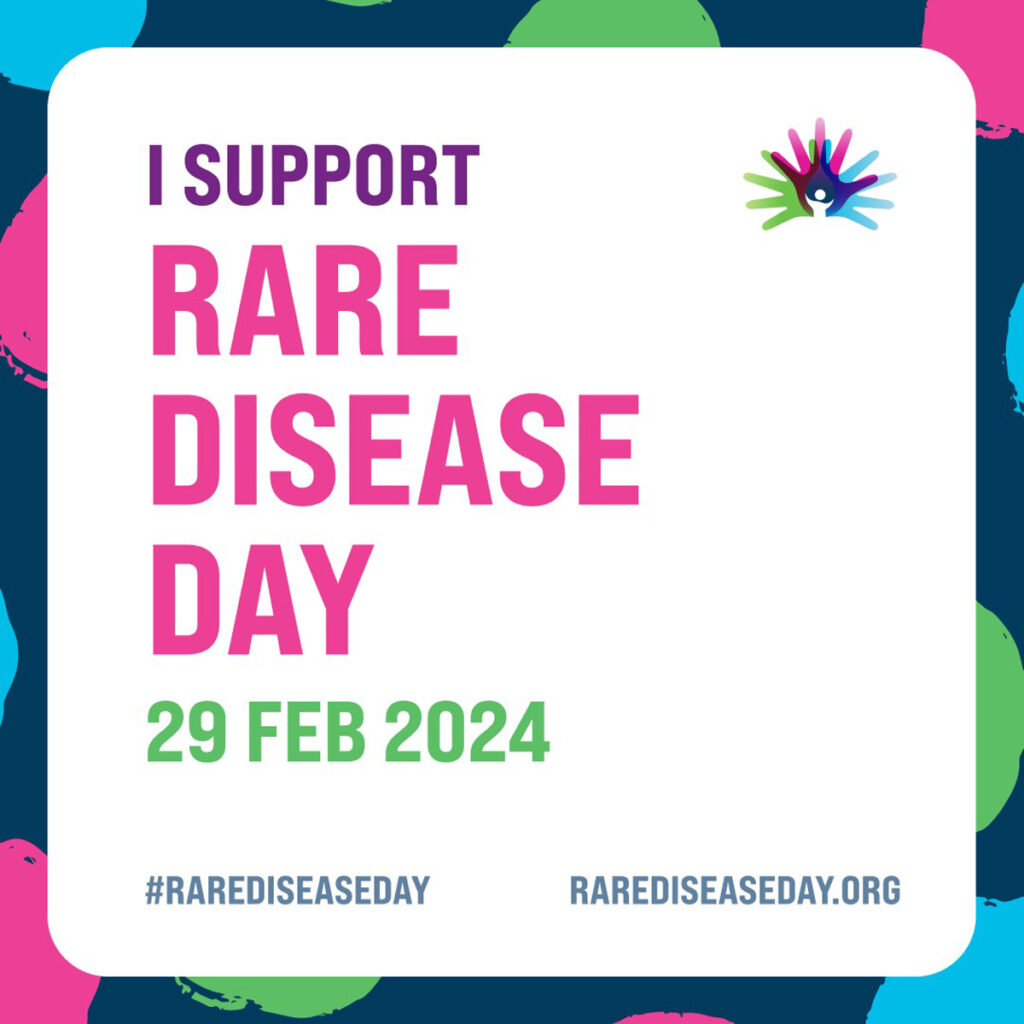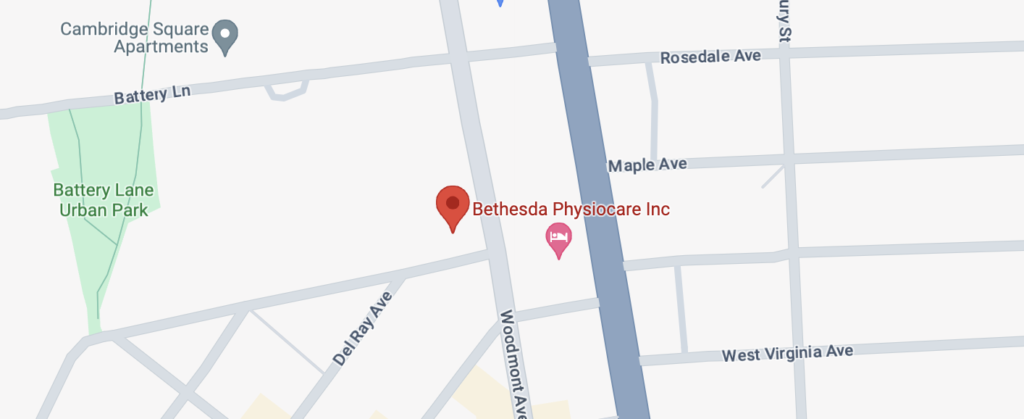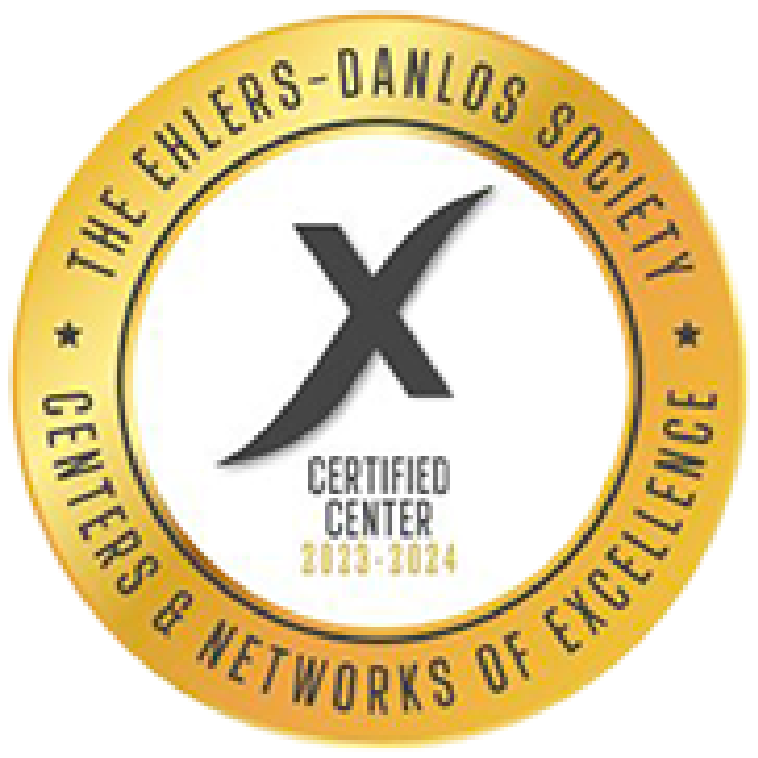
Living with Ehlers-Danlos Syndrome (EDS) and Dysautonomia can be challenging due to the myriad of symptoms that affect the connective tissues and autonomic nervous system, respectively. These conditions often result in chronic pain, joint instability, and various autonomic dysfunctions. However, emerging technologies are transforming the landscape of physical therapy, offering new hope and improved management for individuals with EDS and Dysautonomia. In this blog, we explore the rates of these conditions and delve into how advanced technologies like Proteus, Oxefit, and Trazer are making a significant impact on symptom management through innovative physical therapy interventions. To learn more about how Bethesda Physiocare can help, contact us online or call (301) 656-5613 today.
Understanding Ehlers-Danlos Syndrome and Dysautonomia
Ehlers-Danlos Syndrome is a group of genetic disorders characterized by hypermobility of joints, skin that is easily bruised and hyper-elastic, and a variety of other symptoms related to connective tissue abnormalities. Dysautonomia, on the other hand, is a condition where the autonomic nervous system malfunctions, leading to issues such as heart rate irregularities, blood pressure problems, and decreased tolerance to exercise. Both conditions are often co-occurring, compounding the challenges faced by affected individuals.
Rates and Impact
The prevalence of Ehlers-Danlos Syndrome is estimated to be around 1 in 5,000 individuals globally, with varying rates depending on the specific type of EDS. Dysautonomia, while more challenging to quantify due to its diverse manifestations, is estimated to affect millions worldwide. Both conditions significantly impact the quality of life of those affected, often leading to disability and the need for comprehensive, multidisciplinary management approaches.
Innovative Physical Therapy Interventions
Traditional physical therapy has long been a cornerstone in managing symptoms of EDS and Dysautonomia. However, recent advancements in technology have paved the way for more targeted and personalized interventions. Bethesda Physiocare has been at the forefront of integrating this technology into patient care.
Proteus
The Proteus is a unique form of resistance exercise that offers 3D Resistance. Doing so mirrors every movement a patient will make and provides constant resistance no matter what direction you move. For individuals with EDS, who often experience joint instability and muscle weakness, Proteus enables therapists to design personalized exercise programs that focus on strengthening specific muscle groups while minimizing the risk of injury. The real-time feedback encourages proper body mechanics, reducing the likelihood of joint dislocations and injuries.
Oxefit
Oxefit offers a smart gym and training system that uses electromagnetic resistance. The resistance is applied from a variety of pulleys that can be adjusted by a touch screen. For patients with hypermobility, the resistance can be altered and set to specific parameters through the range of motion being trained. This can ensure a safe amount of resistance for unstable joints. Additionally, the integrative touch screen will offer external feedback, including force production and form correction.
Trazer
Trazer is an interactive motion capture technology that creates a virtual environment for physical therapy exercises. It is particularly beneficial for individuals with Dysautonomia who may struggle with balance and coordination. By incorporating Trazer into physical therapy sessions, therapists can design exercises that challenge and improve proprioception, balance, and coordination. The real-time feedback allows for adjustments to be made based on the individual’s performance, ensuring a safe and effective rehabilitation process.
Get on the Path of Healing with Bethesda Physiocare
The integration of innovative technologies like Proteus, Oxefit, and Trazer into physical therapy practices offers a promising avenue for managing the symptoms of Ehlers-Danlos Syndrome and Dysautonomia. These technologies not only enhance the effectiveness of traditional physical therapy but also make the rehabilitation process more engaging and personalized. As advancements in technology continue, the landscape of care for individuals with complex conditions like EDS and Dysautonomia is evolving, providing hope for improved quality of life and better long-term outcomes. Call (301) 656-5613 to learn more.



